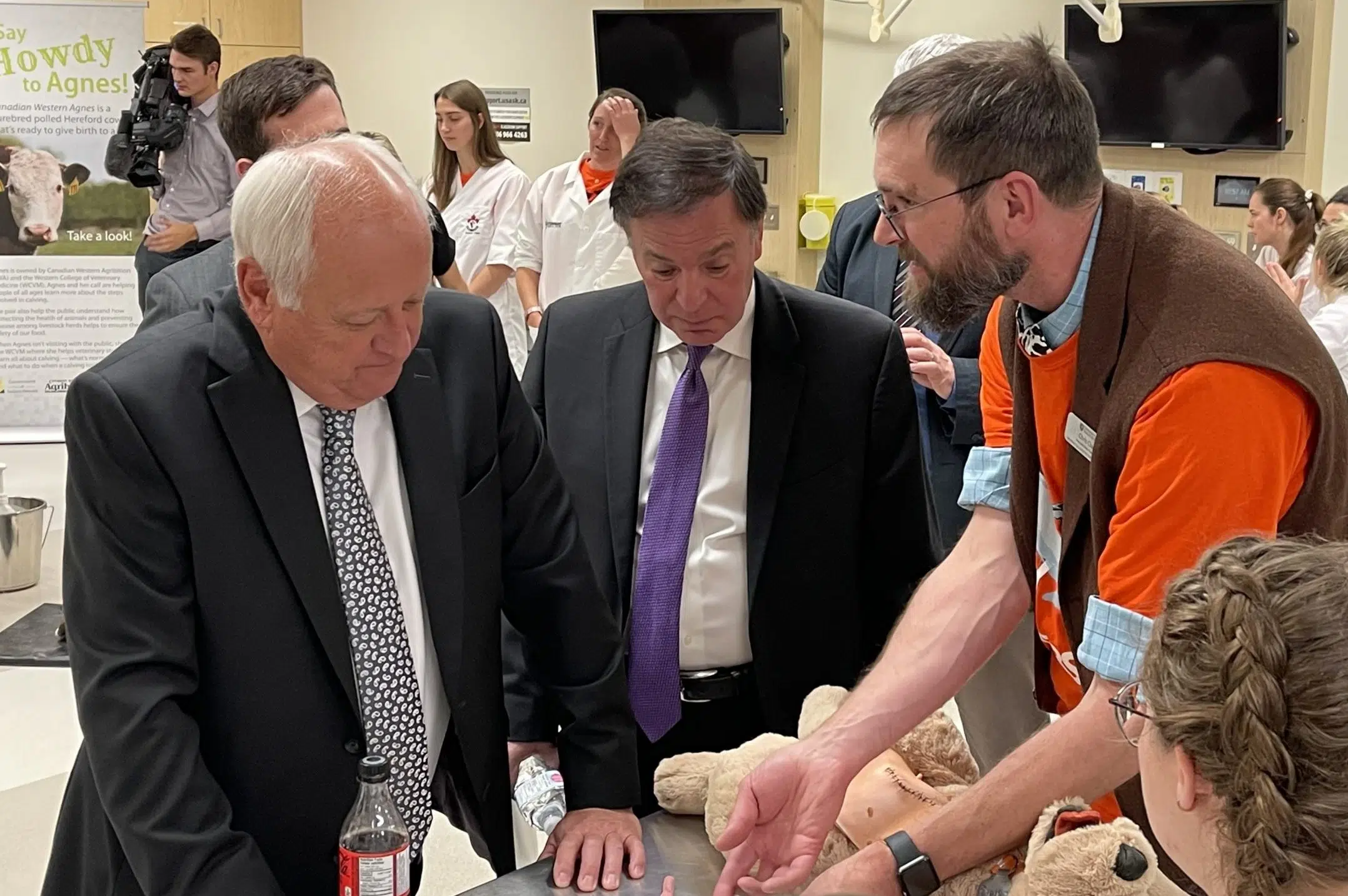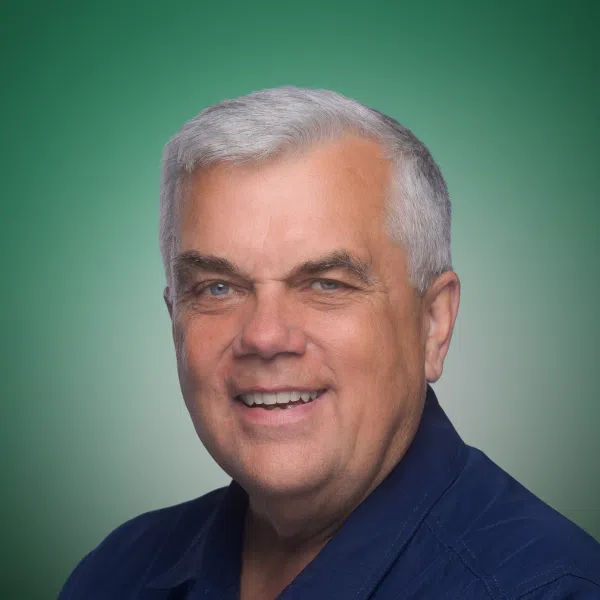More students will get to learn at the Western College of Veterinary Medicine at the University of Saskatchewan next fall.
Starting in the 2023-24 school year, five additional, subsidized seats will be open at the college for Saskatchewan students, thanks to $11.9 million from the provincial government over the next four years.
That means the number of seats for Saskatchewan students will increase from 20 to 25. It comes at the right time, as there is a veterinarian shortage across Saskatchewan.
Gordon Wyant, Saskatchewan’s advanced education minister, said he knows there is a real need for more people trained in animal medicine in the province.
“We know there is a significant shortage of veterinarians, large animal veterinarians in rural Saskatchewan, so this is going to help that,” Wyant said, noting that the biggest need is in rural areas.
There is currently an inter-provincial agreement between Saskatchewan, Manitoba and British Columbia to provide 30 subsidized seats. The new funding from the Government of Saskatchewan will provide the five extra seats for Saskatchewan students, and Manitoba has also announced more funding to allow five more of their students to come and learn at the U of S college.
Wyant said increasing the number of available spots will open up more doors, and not just for students.
“The inter-provincial agreement is vitally important to support the ongoing work here. Not just educationally, but from the research capacity as well,” Wyant said.
“It’s a pretty important relationship.”
The announcement was met with excitement from students, including Jackson Goudy, president-elect of the Western Canadian Veterinary Students’ Association and a second-year student at the college.
“I’m really excited for the future of veterinary medicine in Saskatchewan. I think this is a great opportunity for our province, especially with the shortage of veterinarians,” said Goudy.
Goudy said it’s a great way to help improve animal health care in the province.
Dr. Gillian Muir, dean of the college and an alumnus herself, said the new seats will have a big impact – not only on students, but on the economy as well.
“It’s also a sound investment in protecting the health and wellness of all animals – from companion animals and wildlife to livestock that plays a critical role in Canada’s agriculture industry and the country’s economy,” Muir said.
The biggest need right now is for large animal and mixed animal veterinarians in rural Saskatchewan, and the government hopes the new funding will help retain graduates after their studies are complete.











